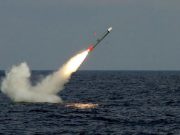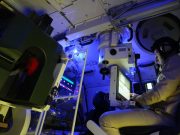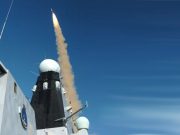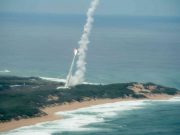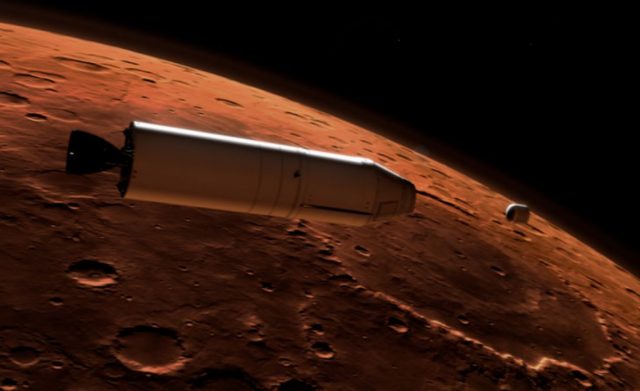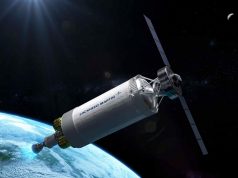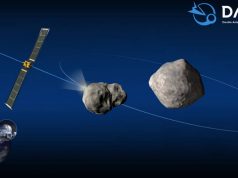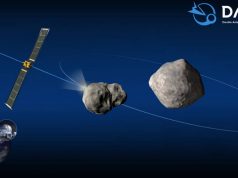NASA has selected Lockheed Martin to build the Mars Ascent Vehicle (MAV), a small, lightweight rocket that is poised to become the first ever rocket to launch rock, sediment, and atmospheric samples from the surface of the Red Planet.
The award brings NASA a step closer to the first robotic round-trip to bring samples safely to Earth through the Mars Sample Return Program.
Set to become the first rocket fired off another planet, the MAV is a crucial part of a campaign to retrieve samples collected by NASA’s Perseverance rover and deliver them to Earth for advanced study.
NASA’s Sample Retrieval Lander, another important part of the campaign, would carry the MAV to Mars’ surface, landing near or in Jezero Crater to gather the samples cached by Perseverance. The samples would be returned to the lander, which would serve as the launch platform for the MAV. With the sample container secured, the MAV would then launch.
Once it reaches Mars orbit, the container would be captured by an ESA (European Space Agency) Earth Return Orbiter spacecraft outfitted with NASA’s Capture, Containment, and Return System payload. The spacecraft would bring the samples to Earth safely and securely in the early- to mid-2030s.
“This groundbreaking endeavor is destined to inspire the world when the first robotic round-trip mission retrieves a sample from another planet – a significant step that will ultimately help send the first astronauts to Mars,” NASA Administrator Bill Nelson said. “America’s investment in our Mars Sample Return program will fulfill a top priority planetary science goal and demonstrate our commitment to global partnerships, ensuring NASA remains a leader in exploration and discovery.”
Returning a sample is complicated, and MAV faces some complex development challenges. It must be robust enough to withstand the harsh Mars environment and adaptable enough to work with multiple spacecraft. It also must be small enough to fit inside the Sample Retrieval Lander. The Sample Retrieval Lander is planned for launch no earlier than 2026 from NASA’s Kennedy Space Center in Florida.
Lockheed Martin Space will provide multiple MAV test units and a flight unit. Work under the contract includes designing, developing, testing, and evaluating the integrated MAV system, and designing and developing of the rocket’s ground support equipment.
The cost-plus-fixed-fee Mars Ascent Vehicle Integrated System (MAVIS) contract has a potential value of $194 million, according to NASA. The agency previously contracted Northrop Grumman to provide solid propulsion systems and controls for MAV.
NASA said the Mars Sample Return Campaign promises to revolutionize the understanding of Mars by bringing scientifically selected samples for study using the most sophisticated instruments around the world. The campaign would fulfill a solar system exploration goal, a high priority since the 1970s and in the last two National Academy of Sciences Planetary Decadal Surveys.





